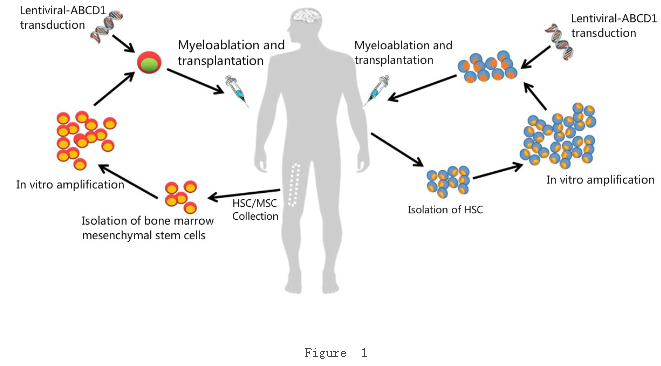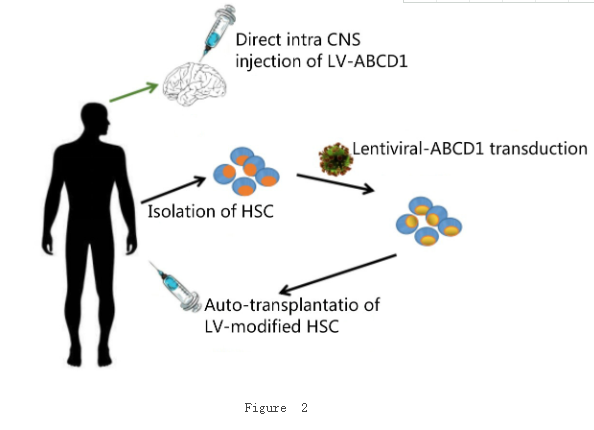Our Institute
Clinical Trials
Our Science
News
International Patients
- International Patients
- International patient Service Care
- Travel Arrangement and Hospital Admission
- FAQ
- Contact Us
Gene therapy is a new technology that combines modern medicine and molecular biology by using molecular genetic methods to introduce a gene of interest into patient cells to achieve a target gene therapy to treat the disease. Lentivector (LV)-mediated gene therapy based on chimeric antigen receptor has been proven as an effective and novel immune therapeutic strategy for the treatment of B cell malignancies.
In GIMI, gene therapy trials treating genetic diseases such as Metachromatic leukodystrophy (MLD); adrenal leukodystrophy(ALD); thalassemia; hemophilia; Retina disease; X-linked severe combined immunodeficiency (X-SCID); Fanconi anemia (FA), etc. are underway. Based on years of experiences in gene therapy research, the key to the success of gene therapy relies on a superior delivery system to transfer therapeutic genes to the target cells.
In the past decades, gene therapy based on hematopoietic stem cell transplantation (HSCT) and recently, mesenchymal stem cells (MSC), namely, autologouss stem cell transplantationn (ASCT), to modify the immune system of the affected patients have reported numerous successes (see figure 1) and has been followed for years. Because LV can permanently integrate into the host cell genome, it is a favorable strategy for long-term correction of genetic defects. Most hereditary diseases involve a single gene defect. At present, the treatment of single-gene hereditary diseases is mainly to supplement the essential missing substances such as enzyme replacement therapies (ERT). For example, hemophilia requires supplementation of factor VIII or factor IX to treat and prevent spontaneous bleeding. This alternative therapy can alleviate the disease to a certain extent, but it needs to be maintained for a lifetime. As the duration of medication is long and the price is very high, it is a great burden to patients and the society. Gene therapy can fundamentally repair the defective gene, so that it can achieve complete cure of the disease, which is a very promising and novel treatment option.

Many lysosomal storage diseases, such as adrenal leukodystrophy (ALD), affect the nervous system, such as ALD, which is caused by mutations in the ABCD1 gene, resulting in damage to the nerve myelin sheath. Because the symptoms are caused by toxic metabolic deposits in the brain, direct injection of LV carrying the normal ABCD1 gene may locally repair the genetic defect. The LV-ABCD1 gene injected into the brain can repair defective nerve cells and reduce the accumulation ofvery long-chain fatty acids(VLCFA)and thus reduce further damages (see figure 2).
